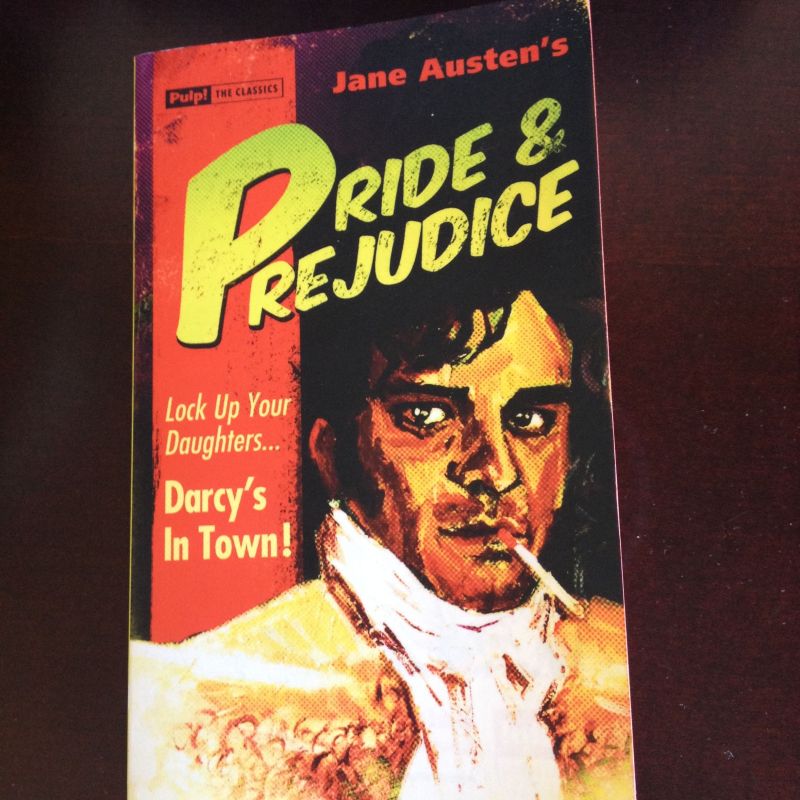Something I wonder about a lot whenever I’m “out in nature.” Where ARE all the POC? As a kid who grew up in poverty, I get that’s a huge barrier for some
“National parks are the best idea we ever had. Absolutely American, absolutely democratic, they reflect us at our best rather than our worst.” Wallace Stegner said that, in 1983. That viewpoint, however, has come under ever greater scrutiny as we move into a century that will see a white minority by the year 2044 or 2045, according to U.S. Census data projections. The National Park Service has taken note of this and have consequently initiated outreach programs to minority groups in an effort to save their own lives. Why? Because outdoors spaces, national parks specifically, are and have been predominantly white, straight, cisgendered spaces. In recent decades this has become an unconscious trend, where minorities simply don’t see themselves reflected in the park advertisements or in park employment; on the other hand, this stems from a long history of racism that includes a park ranger telling Henry X. Finney…
View original post 1,903 more words


